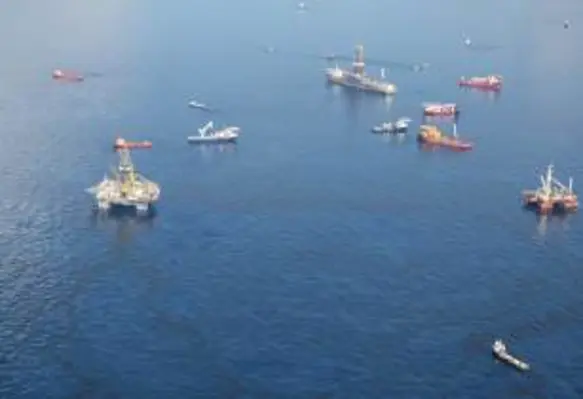While the falling oil prices have led to projects and commercial reserves getting deferred globally, the Middle East is not witnessing the same level of deferrals, reveals Wood Mackenzie’s latest analysis
Twenty two major projects and seven billion boe of commercial reserves have been deferred. This is above the 46 developments and 20bn boe of reserves identified previously.
Wood Mackenzie’s principal analyst for upstream research Angus Rodger said, “The impact of lower oil prices on company plans has been brutal. What began in late-2014 as a haircut to discretionary spend on exploration and pre-development projects has become a full surgical operation to cut out all non-essential operational and capital expenditure. Tumbling prices and reduced budgets have forced companies to review and delay Final Investment Decisions (FID) on planned projects, to re-consider the most cost-effective path to commerciality and free-up the capital just to survive at low prices.”
However, Wood Mackenzie’s MENA upstream research director Lindsay Grant said, “We are not seeing the same level of project deferrals in the Middle East as elsewhere. This is largely because the strategic drivers for production – and therefore investment – are different to many other countries.”
The reason behind lesser deferrals is that most Middle Eastern economies are reliant on revenue from oil production and therefore, the NOCs continue to invest to ensure continued production for the medium and long-term. Additionally, securing domestic gas supplies is also important to many Middle Eastern countries and there is continued investment in key gas projects such as Khazzan Makarem in Oman and the Wasit Gas Project in Saudi Arabia.
This doesn’t mean the industry isn’t facing challenges, added Grant. There are still several examples of spend being reined in and costs are under the spotlight.
Other revelations made by the Wood Mackenzie analysis project a gloomy picture for the global market. Around US$380bn of total project capex has been deferred. Of the capex, delayed spend from the 68 projects from 2016 to 2020 totals US$170bn. Deepwater exploration has been hit the hardest and oil has been the most affected.
“One reason we are seeing a growing list of delayed projects is cost deflation – or to be more accurate the need for costs to fall more to stimulate investment. The analysis shows that this is where deepwater has made the least gains. The biggest jump in pre-FID delayed projects over the last six months was in the deepwater, rising from 17 to 29, where costs have only fallen by around 10 per cent, despite the global crash in rig day-rates,” added Rodgers.
The countries with the largest inventory of delayed oil projects are Canada, Angola, Kazakhstan, Nigeria, Norway and the USA, which hold nearly 90 per cent of all deferred liquids reserves, including oil sands, onshore, shallow-water and deepwater assets in both greenfield and incremental developments.
Mozambique, Australia, Malaysia and Indonesia have the largest natural gas reserves, which combined hold 85 per cent of the total volume. The majority of this gas is found offshore, primarily in deepwater locations, and requires complex and expensive development solutions, including greenfield LNG and FLNG.







